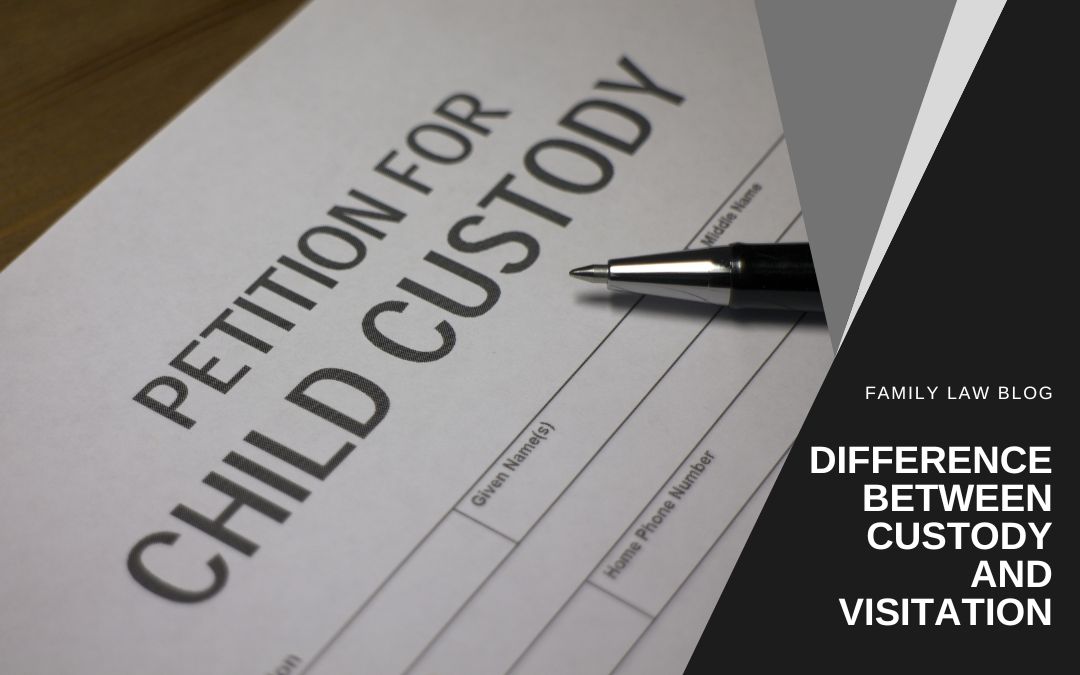
by designonetest | Jan 25, 2023 | Family Law-old
Visitation or parenting time lets a parent visit with their child. The court can set the specifics of the visitation, including how often visits happen, where visits take place, and if visits need to be supervised. Visitation Rights Visitation rights are not the same...
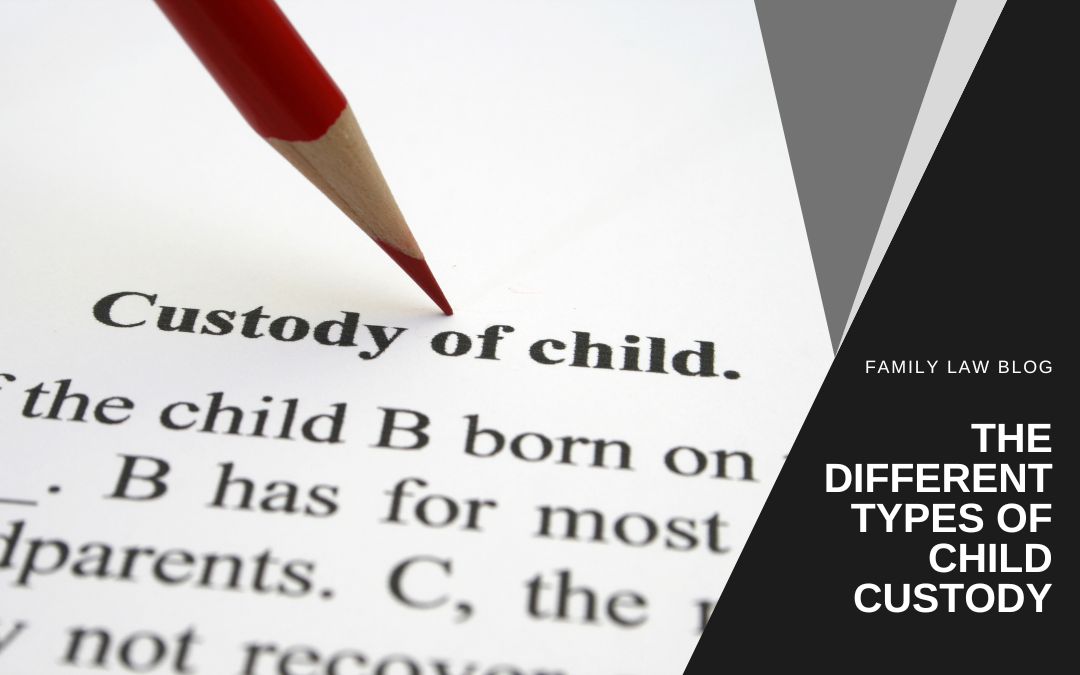
by designonetest | Jan 25, 2023 | Family Law-old
There are many different types of child custody arrangements. However, two common types of custody are sole and joint. Sole Custody Sole legal custody occurs when only one of the parents has full responsibility for making major decisions for the child, such as medical...
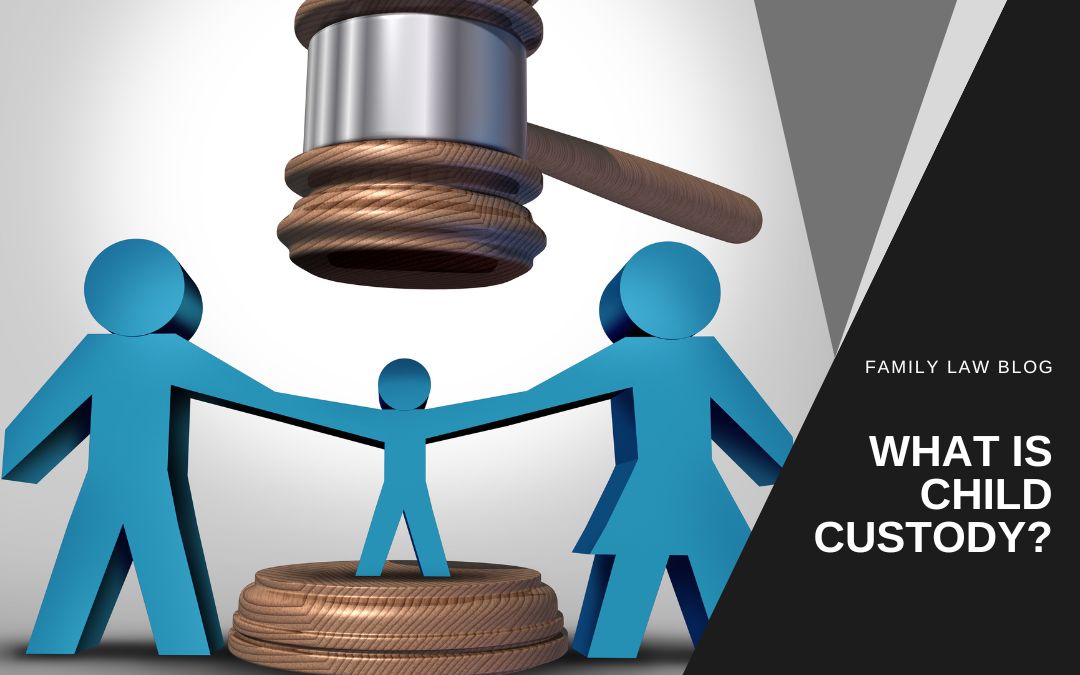
by designonetest | Jan 25, 2023 | Family Law-old
Child custody is a legal term. It refers to the rights and responsibilities assigned to parents for taking care of their children following divorce or separation. These laws also can vary from state to state. The overall goal of child custody is to set the legal and...
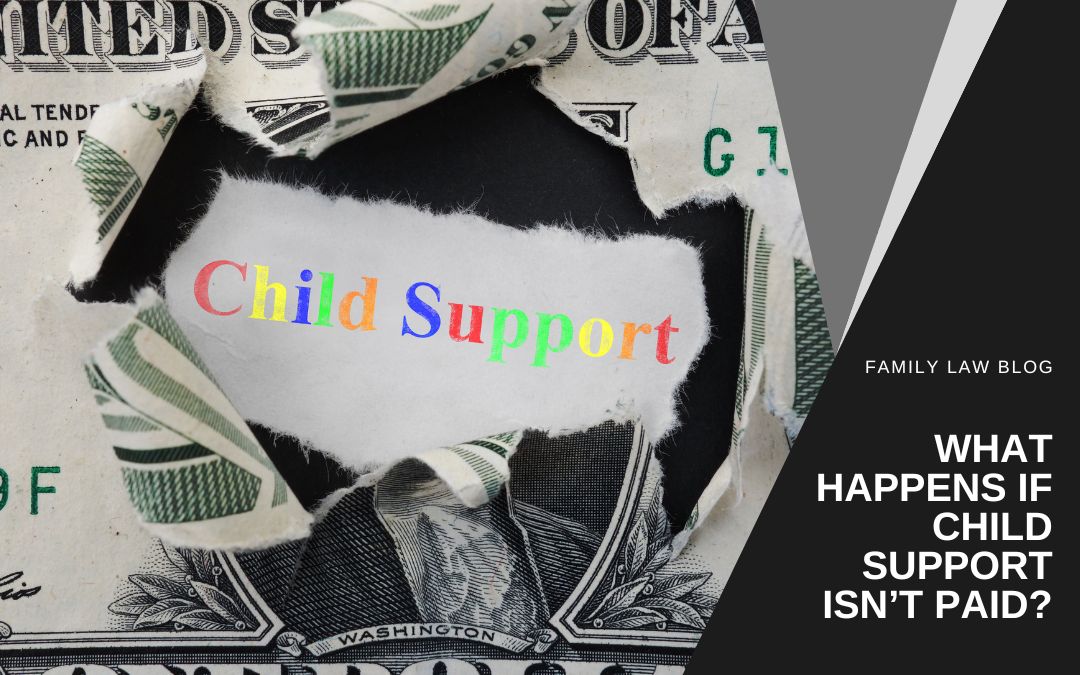
by designonetest | Jan 25, 2023 | Family Law-old
Parents who don’t pay their mandatory child support payments are in contempt of court. The court will tally the missed payments, categorized as in arrears. This allows the court to start enforcement procedures to recover the payments. The parent who receives payments...
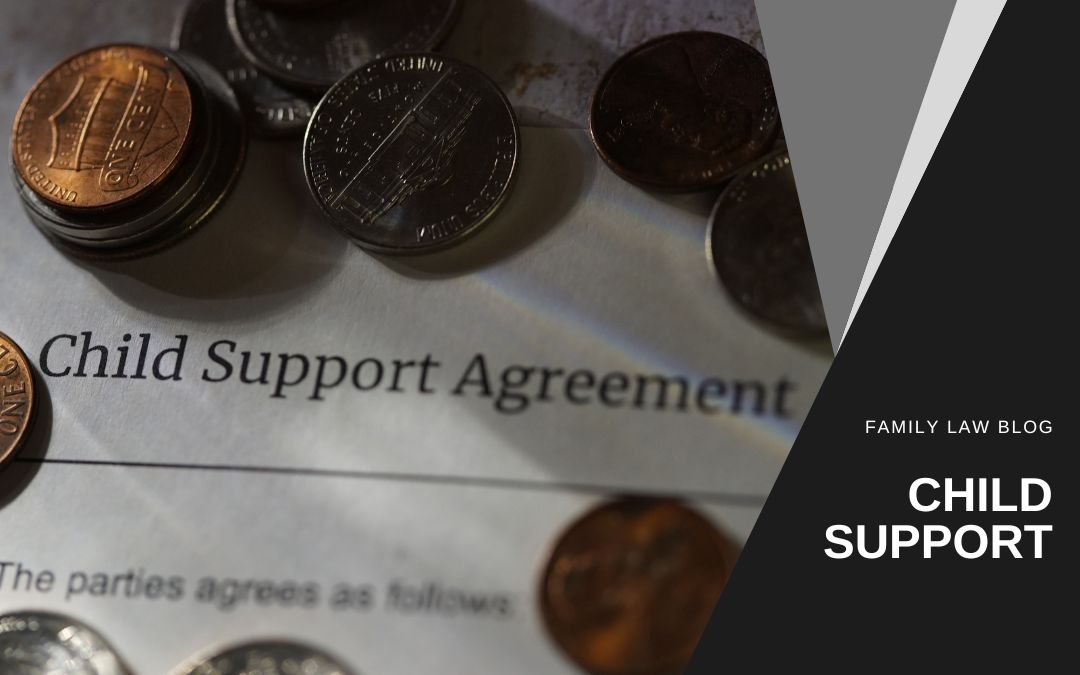
by designonetest | Jan 25, 2023 | Family Law-old
Child support is required in divorce. According to the law, both parents are responsible for supporting their children. Therefore, each parent should pay according to their ability. Additionally, the court can require one or both parents to pay child support — even if...

by designonetest | Jan 25, 2023 | Family Law-old
Alimony or spousal support involves one spouse paying the other either due to a court order or the divorce agreement. Its purpose is to ensure that both parties can meet their financial needs. One spouse has to prove they were “dependent” on their spouse during the...







